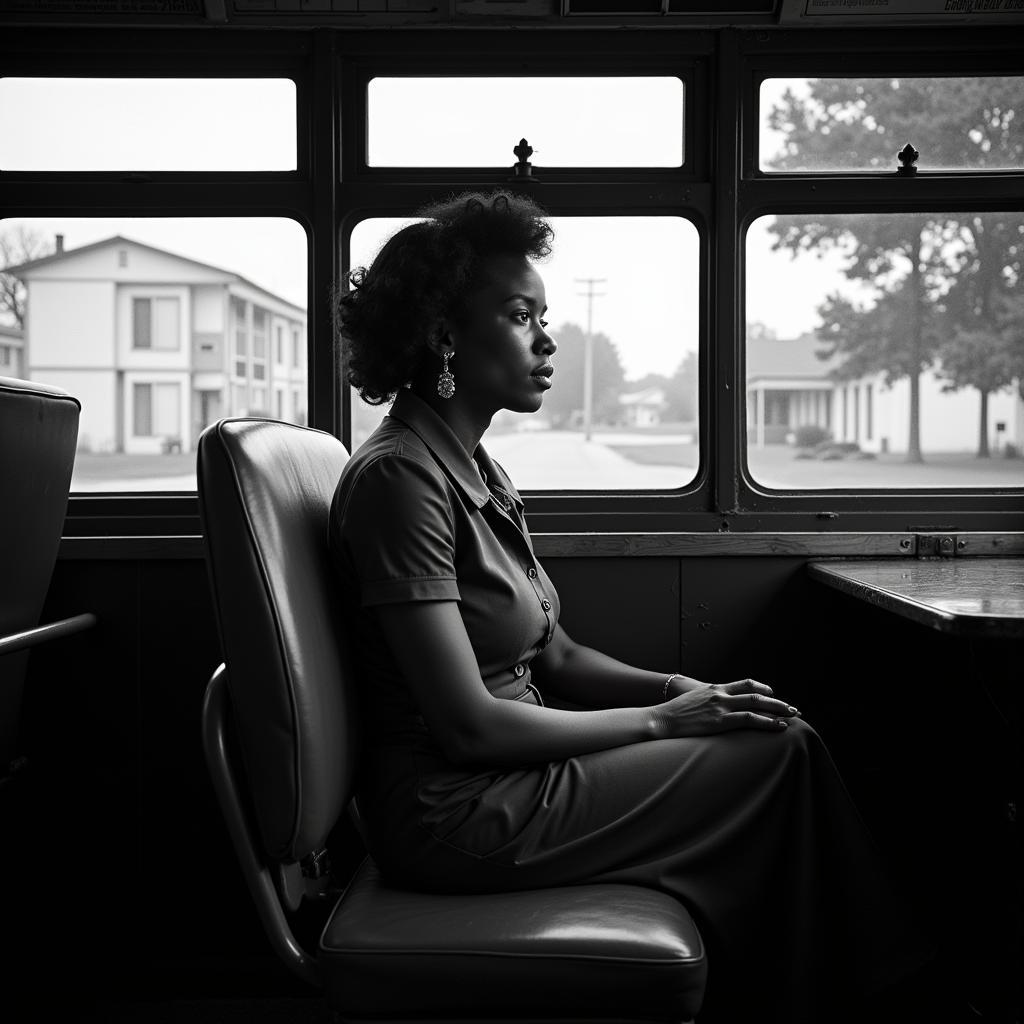African American Struggle Leaders: A Legacy of Courage and Resilience
The African American struggle for equality and justice has been a long and arduous journey, marked by countless acts of courage, resilience, and determination. Throughout history, extraordinary men and women have risen to lead this fight, inspiring generations with their unwavering commitment to freedom and equality. These African American Struggle Leaders, through their activism, advocacy, and leadership, have left an indelible mark on American society, shaping the nation’s conscience and paving the way for a more just and equitable future.
Early Voices of Resistance: Challenging Slavery and Segregation
From the earliest days of slavery, African Americans refused to accept their oppression passively. Leaders like Harriet Tubman, Frederick Douglass, and Sojourner Truth emerged as powerful voices against the institution of slavery.
Harriet Tubman, a conductor on the Underground Railroad, risked her life repeatedly to lead enslaved people to freedom in the North. Her bravery and compassion earned her the nickname “Moses” and made her a symbol of hope for countless individuals seeking liberation.
 Frederick Douglass portrait
Frederick Douglass portrait
Frederick Douglass, a brilliant orator and writer who escaped slavery, became a leading voice in the abolitionist movement. His autobiography, “Narrative of the Life of Frederick Douglass, an American Slave,” exposed the horrors of slavery and ignited the conscience of the nation.
Sojourner Truth, a former enslaved woman, captivated audiences with her powerful speeches advocating for both abolition and women’s rights. Her famous “Ain’t I a Woman?” speech challenged prevailing societal norms and highlighted the intersectionality of race and gender in the fight for equality.
These early leaders laid the groundwork for the long struggle ahead, demonstrating the power of resistance and the unwavering spirit of African Americans in the face of adversity.
The Civil Rights Movement: A Turning Point in the Fight for Equality
The mid-20th century witnessed a surge in activism and organizing that culminated in the Civil Rights Movement, a period of unprecedented mobilization and progress in the fight for racial equality. This era saw the rise of iconic figures like Martin Luther King Jr., Malcolm X, and Rosa Parks, whose leadership galvanized a nation and challenged deeply ingrained systems of segregation and discrimination.
Martin Luther King Jr.: Advocating for Nonviolent Resistance and Social Change
Martin Luther King Jr., a Baptist minister and activist, emerged as a leading figure in the Civil Rights Movement, advocating for nonviolent resistance as a means to achieve social change. Inspired by Mahatma Gandhi’s philosophy of satyagraha, King believed that love and nonviolence were the most powerful weapons against injustice.
 Martin Luther King Jr. at the March on Washington
Martin Luther King Jr. at the March on Washington
King’s leadership was instrumental in many of the movement’s most significant victories, including the Montgomery Bus Boycott, the March on Washington for Jobs and Freedom, and the passage of the Civil Rights Act of 1964 and the Voting Rights Act of 1965. His “I Have a Dream” speech, delivered during the March on Washington, remains one of the most iconic speeches in American history, articulating a vision of a society free from racism and segregation.
Malcolm X: A Voice for Black Empowerment and Self-Determination
Malcolm X, a Muslim minister and human rights activist, offered a different perspective on the struggle for racial justice. He challenged the nonviolent approach advocated by King, arguing that Black people had the right to defend themselves “by any means necessary” against racist violence and oppression.
Malcolm X’s message of Black empowerment and self-determination resonated deeply with many African Americans who felt frustrated by the slow pace of progress and the continued violence they faced. His emphasis on Black pride, self-reliance, and economic independence challenged traditional integrationist approaches and inspired a generation to embrace their cultural identity and heritage.
Rosa Parks: Sparking a Movement with an Act of Defiance
While King and Malcolm X provided powerful leadership on a national scale, it was often the courageous acts of ordinary individuals that ignited the flames of change. Rosa Parks, a seamstress and activist, became an accidental icon of the Civil Rights Movement when she refused to give up her seat to a white man on a segregated bus in Montgomery, Alabama, in 1955.
 Rosa Parks on a Segregated Bus
Rosa Parks on a Segregated Bus
Parks’s act of defiance sparked the Montgomery Bus Boycott, a 381-day protest that crippled the city’s transportation system and drew national attention to the issue of segregation. Her courage inspired countless others to take a stand against injustice, demonstrating that even seemingly small acts of resistance can have a profound impact.
Continuing the Fight: Addressing Contemporary Challenges
The legacy of these African American struggle leaders continues to inspire and guide the fight for equality today. While significant progress has been made, systemic racism and discrimination persist in many forms, requiring ongoing vigilance and activism.
Contemporary leaders and activists are building on the foundation laid by their predecessors, addressing issues such as police brutality, mass incarceration, economic inequality, and voter suppression. They are using a variety of tactics, including protests, legal challenges, community organizing, and political engagement, to dismantle systems of oppression and create a more just and equitable society for all.
The struggle for racial justice is far from over, but the courage, resilience, and unwavering commitment of African American leaders throughout history serve as a beacon of hope and a call to action for generations to come.



